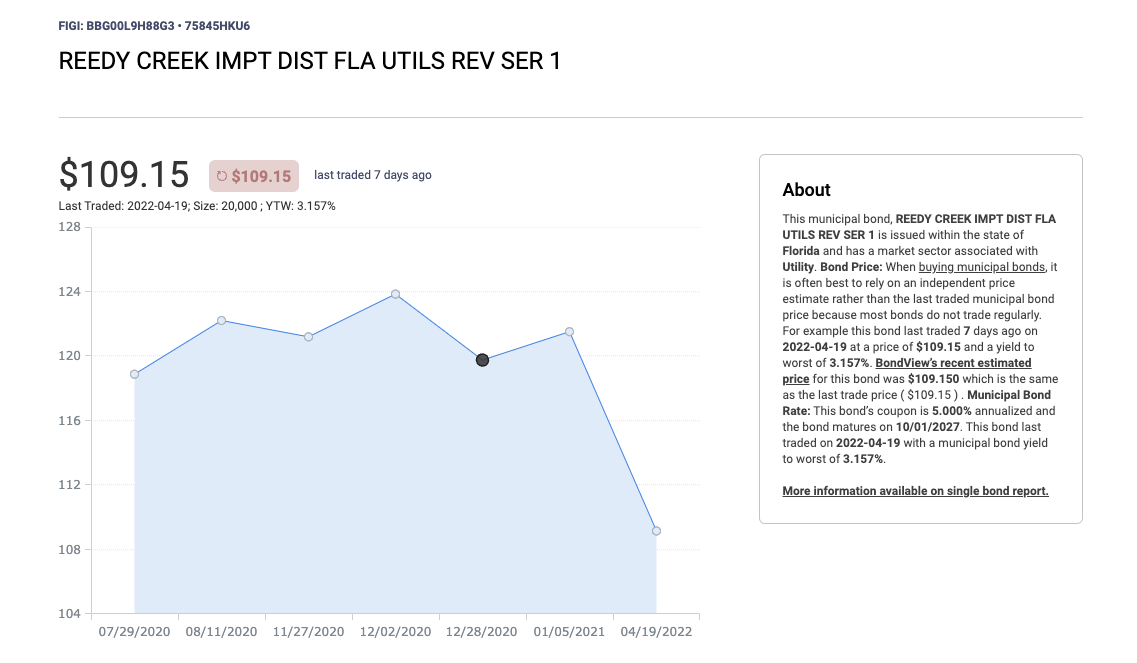GoofGoof
Premium Member
That ship sailed. In an effort to get the most Facebook likes they already passed a bill to dissolve the district. Perhaps if the bill went through the normal process and there was debate and there were experts brought in to discuss these very real concerns some better solution would have been reached. Instead we got this goat rodeo. The people pushing this got what they wanted….a political win with their base. As someone posted earlier DeSantis has seen an increase in donations. That’s what this is about, a political win.But if:
RCID could be restricted from issuing new bonds. The net effect would be RCID would sunset at the latest maturity date in affect. This would allow obligations not to be impaired and sufficient time to development.and execution of assimilation with the respective counties.
The other issue with that plan is that we don’t even know if it’s legal. They can legally dissolve the special district but once created I’m not sure they can just cherry pick that this specific district can no longer issue bonds. They could dissolve RCID and create a new district without the right to issue debt but that would require Disney to approve and as discussed the Mouse has no reason to agree with that.

